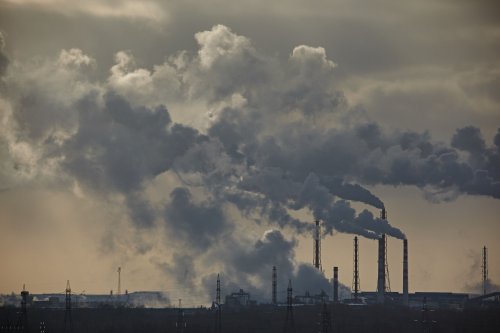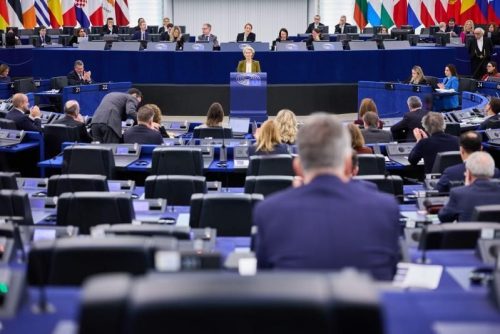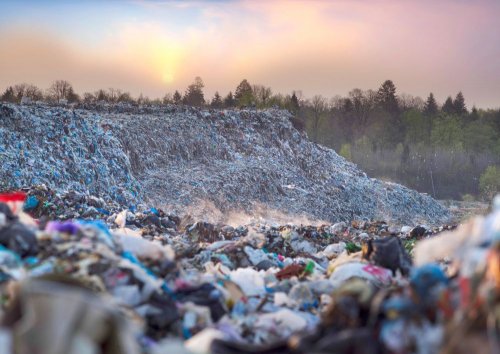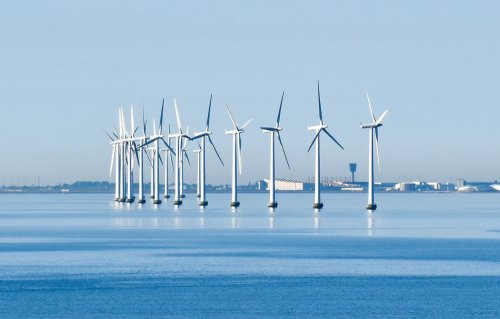A study by the climate activist group Global Witness has shown that demand for natural gas in Europe will drive new investments in the extraction of this fuel worldwide to the tune of $223 billion by 2033.
Total fossil fuel investments in gas production for Europe are expected to reach $1 trillion by 2033, Bloomberg reports.
The study found that despite efforts to reduce emissions and cut Russian energy supplies, demand for gas in the EU continues to grow.
According to the International Energy Agency, fossil fuel consumption in Europe will grow by 3% in 2024. This figure is higher than the global average growth, but lower than the expected consumption growth in Asia (4%).
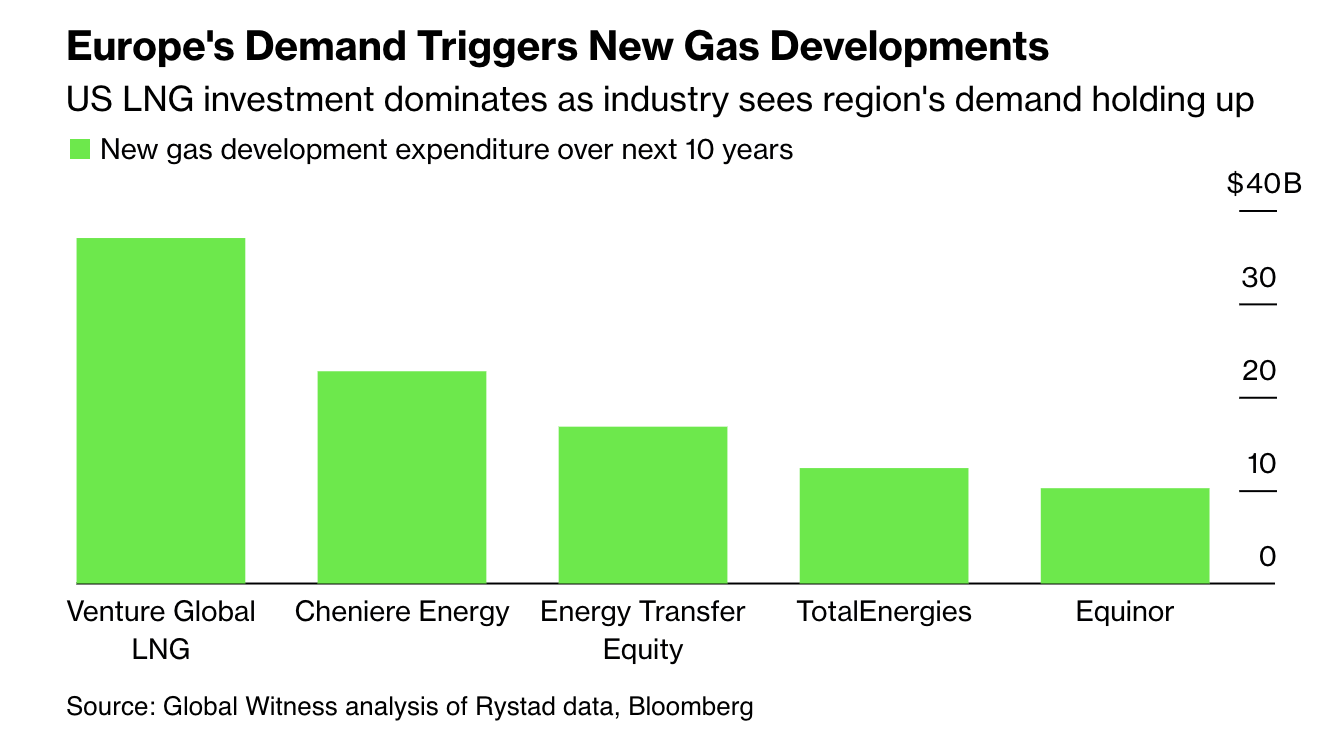
"Although natural gas causes less pollution than other fossil fuels, gas production projects are under scrutiny around the world because of their impact on climate change, raising questions about which facilities will eventually be built," the report said. .
It is noted that Europe is largely dependent on imported gas from the US and Qatar, and also seeks to increase its production within the bloc. After all, natural gas is considered as a kind of bridge during the energy transition. Germany, for example, is considering supporting a massive expansion of its fleet of gas plants that could eventually burn hydrogen.
"Europe is hurtling down a dangerous path, doubling its use of fossil gas," said Dominic Eagleton, senior fossil fuel expert at Global Witness. He also called on the European Commission to set 2035 as the date for phasing out this type of fuel.
The study found that increased gas consumption would result in 6.6 billion tons of carbon emissions by 2033. This is equivalent to the annual emissions of France for more than two decades.
The article highlighted that the US has suspended the approval of new LNG export licenses to study climate impacts, which could hinder this billion-dollar investment.
Earlier, EcoPolitic wrote, that research by Robert Howarth, a professor of ecology and environmental biology at Cornell University, USA, showed that the use of imported liquefied natural gas (LNG) can be more dangerous for the climate, than burning coal.
As EcoPolitic previously reported, the European Environment Agency's mid-term analysis provided a disappointing assessment of progress on the achievement of most of the EU's environmental goals and contains skeptical forecasts regarding the achievement of these goals in the future.


